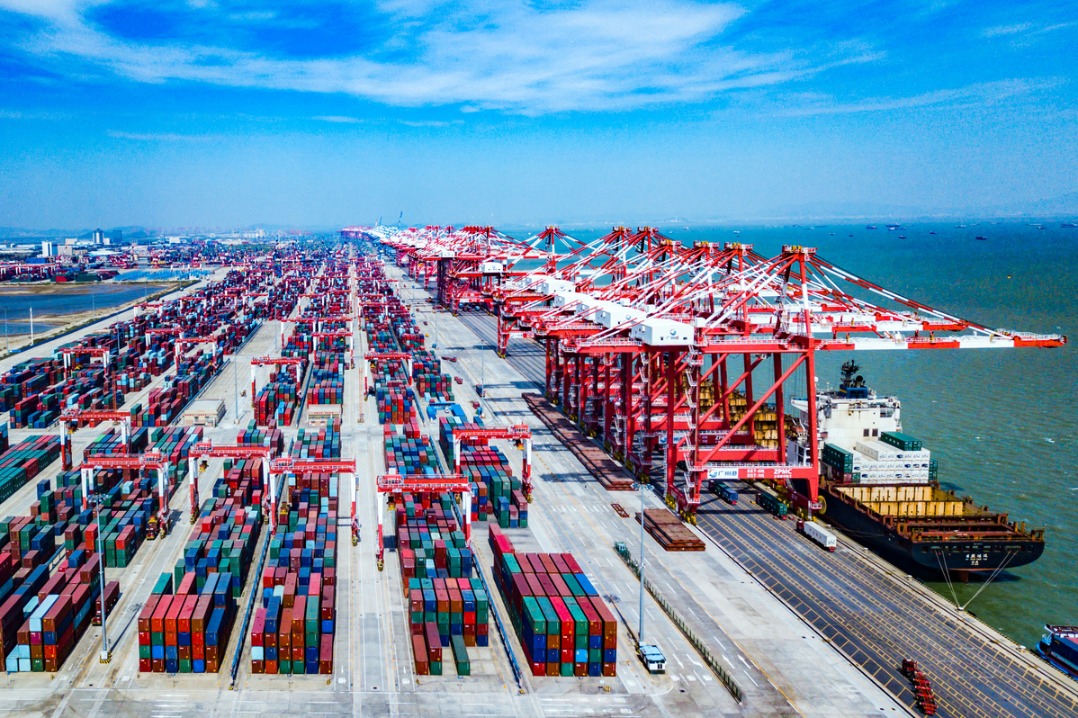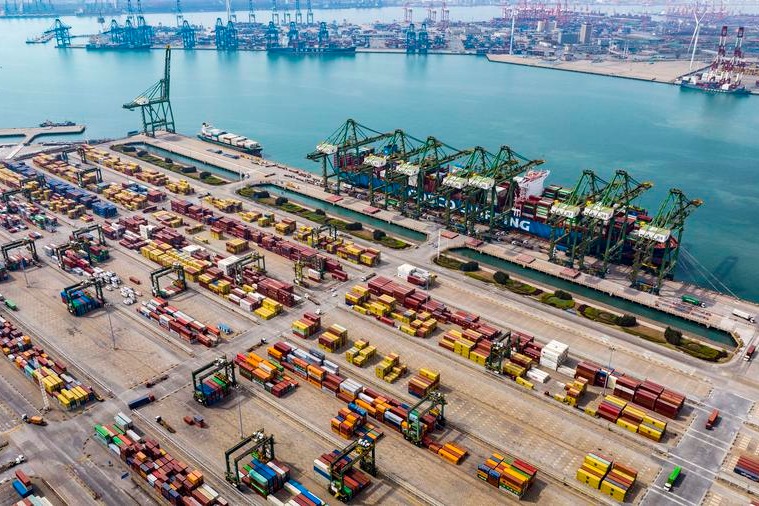US tariffs shake up ASEAN
Region's role in global supply chains in jeopardy


US consumers may also find higher price tags for Apple's iPhone and its range of Mac computers as well as the Microsoft Xbox gaming console, as a result of a 24 percent tariff on Malaysian goods.
Countries across Southeast Asia have in recent years sought to benefit from multinational companies as a production hub for everything from electronics to garments.
No winner
Vietnam's trade surplus with the US ballooned from the first iteration of US trade war that started in 2018.
This also leaves Hanoi particularly exposed to the impact of the Trump administration's tariff threats, just as it embarks on an ambitious domestic growth agenda.
Vietnam's exports to the US grew to 30 percent of its GDP in 2024, with electronics (43 percent) and textiles (24 percent) the biggest contributors.
"I opened my eyes this morning and was completely stunned. This 46 percent tax rate is beyond anything we could have imagined," Duong Thi Ngoc Dung, Ho Chi Minh City-based vice-chairwoman of Vietnam's Textile and Apparel Association, told Bloomberg on April 3.
"There is a high risk that many Vietnamese businesses will be forced to shut down, putting thousands of workers out of jobs," she said.
Major Malaysian exports, such as rubber gloves and a wide range of medical devices including ultrasound machines, pacemakers and hospital beds, will also be hurt by the 24 percent tariff rate.
The picture as a whole is gloomy, as the overall impact on Malaysia will also spread to domestic consumption, according to Socio-Economic Research Centre executive director Lee Heng Guie.
The economist said GDP will be affected by not just exports, but also incomes — as businesses related to the trade sector will see lower revenue, which will have a knock-on effect on employment and wages — as well as caution from investors.
"Even though Malaysia was hit by a lower rate than other regional peers, firms will still have to discount for softening global demand. So you may be able to get a larger slice of the pie, but the pie is now smaller," he said.
There is less clarity over whether Malaysia's growing semiconductor supply chain for devices such as iPhones and Mac computers falls under categories such as diodes, transistors and integrated circuits, which have so far been exempted from the reciprocal country tariffs.
"The greater impact will be a slowdown in investments in the electrical and electronics, or E&E sector, because of tariff uncertainties, which will likely last for the rest of 2025, if not beyond,"Malaysian Investment Development Authority board member Ong Kian Ming told The Straits Times, referring to expectations that the semiconductor sector will face further scrutiny from Washington down the road.
E&E makes up 40 percent of Malaysian exports, of which half are destined for the US.
























